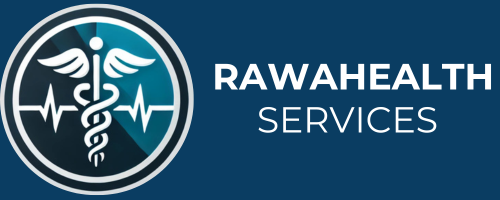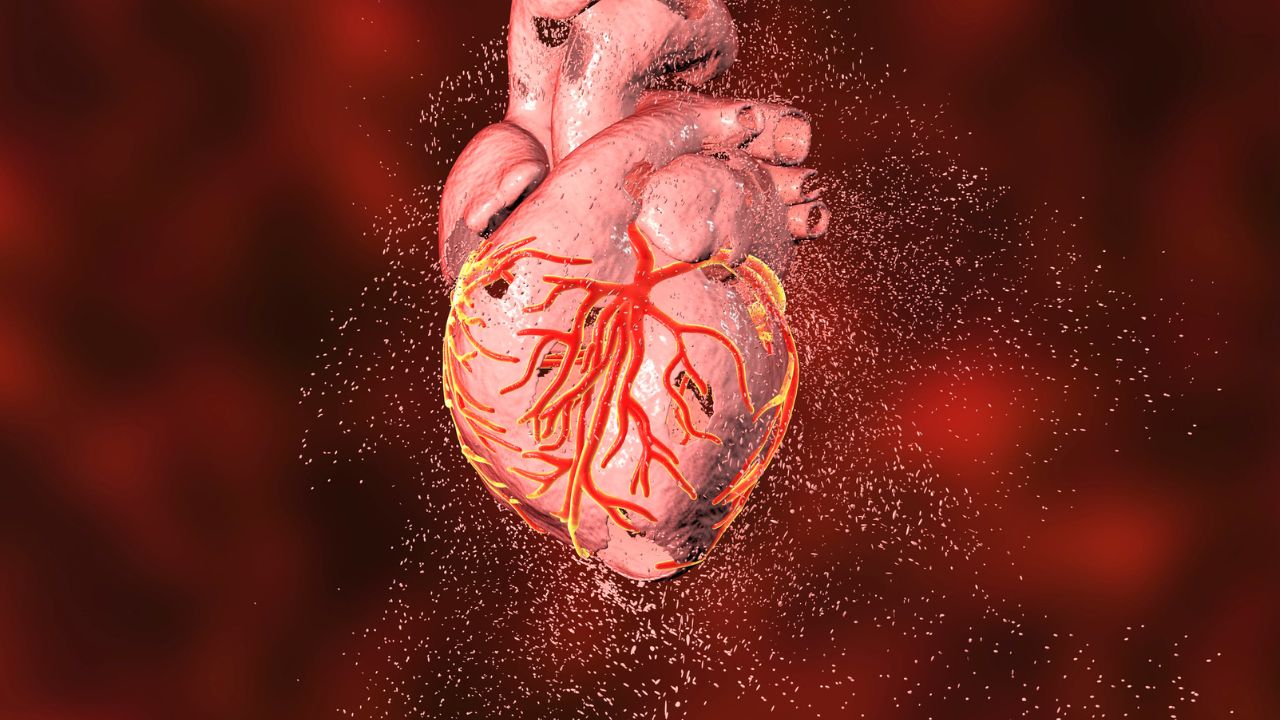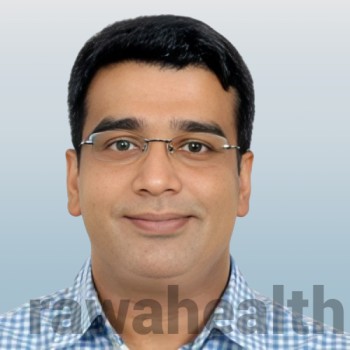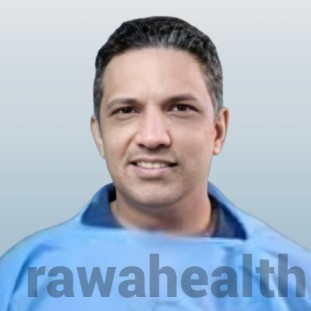Comprehensive Guide to Cardiology Treatment in India
What is Cardiology?: Cardiology Treatment in India | Cardiology focuses on diagnosing and treating heart and vascular system disorders. Cardiologists specialize in evaluating and managing conditions such as heart disease, hypertension, and arrhythmias. Unlike cardiac surgeons, who perform surgical procedures on the heart, cardiologists conduct non-surgical interventions and diagnostic tests, including heart catheterizations, pacemaker insertions, and angioplasties.
When to Consult a Cardiologist
Consulting a cardiologist is advisable if you experience symptoms like:
- Difficulty breathing
- Dizziness or lightheadedness
- Persistent chest pain
- Irregular heartbeat or palpitations
- High blood pressure
A cardiologist is equipped to conduct thorough evaluations to diagnose conditions such as heart murmurs and irregular heartbeats.
Common Cardiovascular Conditions Treated
Cardiologists manage various heart-related conditions, including:
- Atherosclerosis: Narrowing and hardening of arteries due to plaque buildup.
- Arrhythmias: Abnormal heart rhythms.
- Heart Fibrillation: Rapid and irregular heartbeats.
- Congenital Heart Conditions: Heart defects present at birth.
- Cardiovascular Disease: Includes coronary artery disease and heart attacks.
- Enlarged Heart: Known as cardiomegaly.
- Hypertension: High blood pressure.
- Pericarditis: Inflammation of the heart’s outer lining.
- Venous Tachycardia: Fast heart rate originating from the veins.
Diagnostic and Testing Procedures
Cardiologists use various tests to diagnose heart conditions:
- Electrocardiogram (ECG): Records the electrical activity of the heart to identify irregularities.
- Ambulatory ECG: Monitors heartbeats during daily activities using a Holter monitor.
- Exercise Testing: Assesses heart function and capacity during physical exertion.
- Echocardiogram: Provides ultrasound images of the heart to evaluate its chambers and function.
- Cardiac Catheterization: Inserts a catheter near the heart to gather data and possibly clear blockages.
- Nuclear Cardiology: Utilizes imaging techniques to study cardiovascular health non-invasively.
Cardiac Electrophysiology
This specialized field examines the heart’s electrical system to diagnose and treat arrhythmias. During an electrophysiology study (EPS), a catheter is inserted into a vein, typically in the thigh, to monitor electrical currents and patterns in the heart muscle.
Benefits of EPS include:
- Identifying the cause of symptoms
- Assessing the need for a pacemaker
- Tailoring treatment plans for arrhythmia patients
- Evaluating risk for tachycardia
Cardiac electrophysiologists use devices like implantable cardioverter defibrillators, pacemakers, and perform cardiac ablation to correct abnormal rhythms.
Why Choose India for Cardiology Treatment?
India offers world-class cardiology services with state-of-the-art technology at affordable prices compared to Western countries. Renowned cardiologists and advanced medical facilities ensure high-quality care, making India a prime destination for heart treatment.
For anyone seeking expert cardiology care, India provides comprehensive services and cutting-edge technology to address a wide range of cardiovascular issues effectively.





